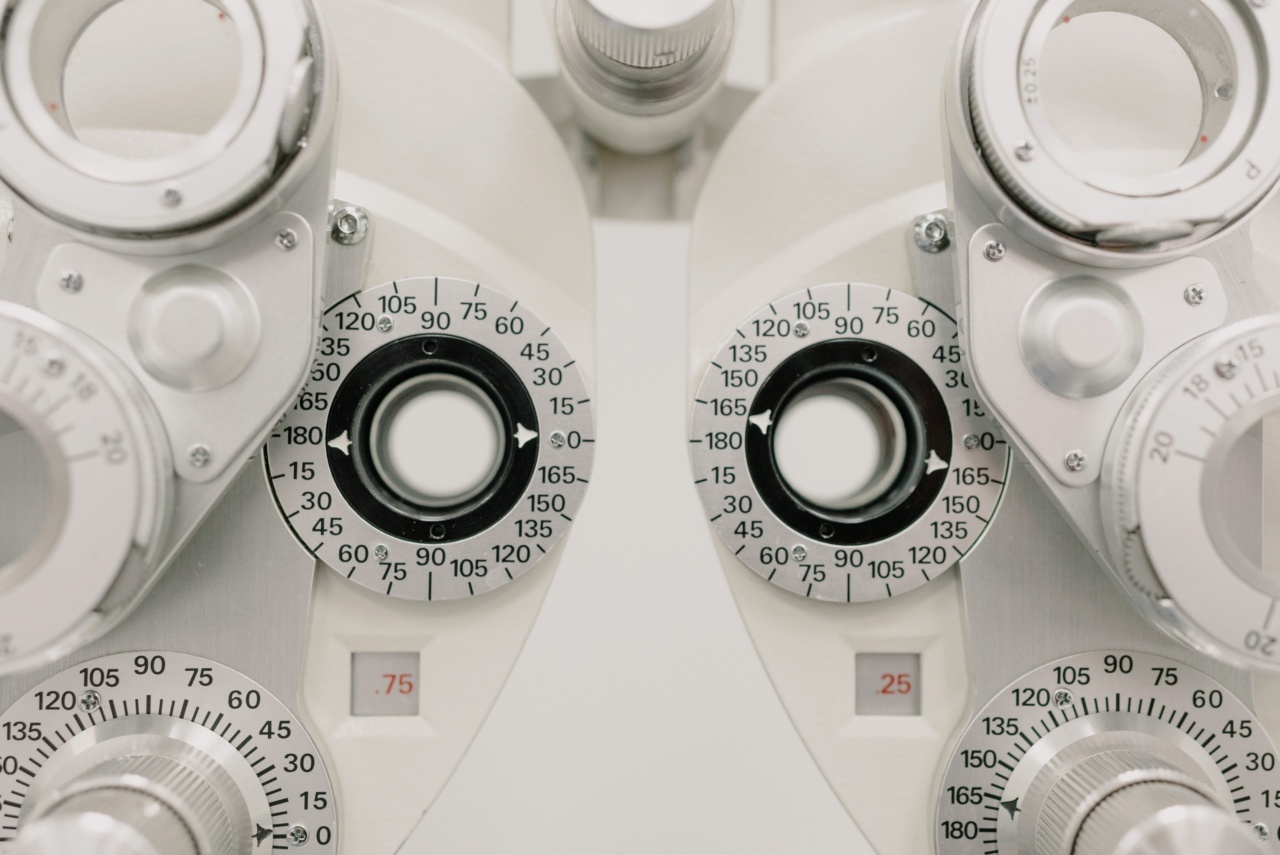Defecation, commonly known as bowel movement or having a bowel motion, is a vital bodily function that eliminates waste from our bodies.
While it seems like a simple and natural act, there is actually a correct methodology to ensure a healthy and efficient defecation process. In this article, we will delve into the correct techniques and habits that can enhance your bowel movements and promote overall digestive health.
The Anatomy of Defecation
Before we delve into the correct methodology of defecation, it is important to understand the basic anatomy of the digestive system.
The large intestine, also known as the colon, is responsible for absorbing water and electrolytes from the undigested food matter that reaches it from the small intestine. As this process continues, waste material accumulates and forms stools. When the rectum detects the presence of stools, it triggers the urge to defecate.
Eating Habits and Defecation
Your eating habits play a crucial role in maintaining healthy and regular bowel movements. Fiber-rich foods, such as fruits, vegetables, whole grains, and legumes, add bulk to your stools, making them easier to pass.
Additionally, staying hydrating by drinking an adequate amount of water throughout the day improves the overall consistency of your stools.
Avoiding processed foods, excessive consumption of dairy products, and foods high in saturated fats can prevent constipation and promote regular bowel movements.
It is also important to maintain a balanced diet that includes all the essential nutrients to support proper digestive function.
Proper Toilet Posture
The correct posture while defecating is often underestimated but can greatly impact the ease and efficiency of the process. Sitting on a traditional western-style toilet can actually constrict the rectum, making it more difficult to eliminate waste.
The ideal posture for defecation is a squatting position, which aligns the rectum straight without any obstruction. This can be achieved by using a squatting stool or footstool to elevate your feet while sitting on the toilet.
Don’t Ignore the Urge
One common mistake people make is ignoring the urge to defecate. The longer you hold in your stools, the more water your colon absorbs, resulting in harder and dryer stools.
Ignoring the urge to defecate repeatedly can lead to chronic constipation and other digestive problems. It is crucial to listen to your body and respond promptly when the urge arises.
Relaxation and Timing
Stress and rushing can have a negative impact on your digestive system, leading to difficulties in defecation. It is essential to create a calm and relaxed environment while using the toilet.
Find a comfortable position, take deep breaths, and allow yourself ample time to fully empty your bowels. Rushing the process can cause incomplete evacuation, which may lead to discomfort and the need to visit the toilet more frequently.
Importance of Adequate Hygiene
After defecation, proper hygiene practices are crucial to prevent the spread of bacteria and maintain personal cleanliness.
Always remember to wipe from front to back to prevent the transfer of fecal bacteria to the urinary tract, reducing the risk of urinary tract infections. Using a bidet, wet wipes, or gentle toilet paper can help ensure thorough cleaning without causing irritation or discomfort.
Physical Activity and Regular Exercise
Regular physical activity and exercise play a significant role in maintaining a healthy digestive system.
Engaging in physical activities, such as walking, jogging, swimming, or yoga, stimulates the muscles in your abdomen, facilitating improved digestion and bowel movements. Aim for at least 30 minutes of moderate-intensity exercise most days of the week to experience the digestive benefits.
The Role of Probiotics
Probiotics are live bacteria and yeasts that provide numerous health benefits, including improved digestion.
Adding probiotic-rich foods to your diet, such as yogurt, kefir, sauerkraut, and kimchi, can promote a healthy balance of gut bacteria, aiding in efficient bowel movements. Probiotic supplements are also available if you prefer a more concentrated source.
Common Disorders and When to Seek Medical Advice
While most bowel movements are a routine part of life, certain disorders and symptoms may indicate an underlying problem.
Persistent constipation, diarrhea, blood in stools, abdominal pain, or unexpected changes in bowel habits should be evaluated by a healthcare professional. These symptoms may indicate conditions such as irritable bowel syndrome (IBS), inflammatory bowel disease (IBD), or other gastrointestinal disorders.
Conclusion
Defecation is a natural bodily function that can be optimized with the correct methodology.
By adopting healthy eating habits, maintaining proper toilet posture, responding to the urge to defecate, practicing relaxation techniques, ensuring adequate hygiene, staying physically active, and incorporating probiotics into your diet, you can promote regular and healthy bowel movements. Remember, any persistent and concerning symptoms should be discussed with a medical professional for appropriate evaluation and guidance.































